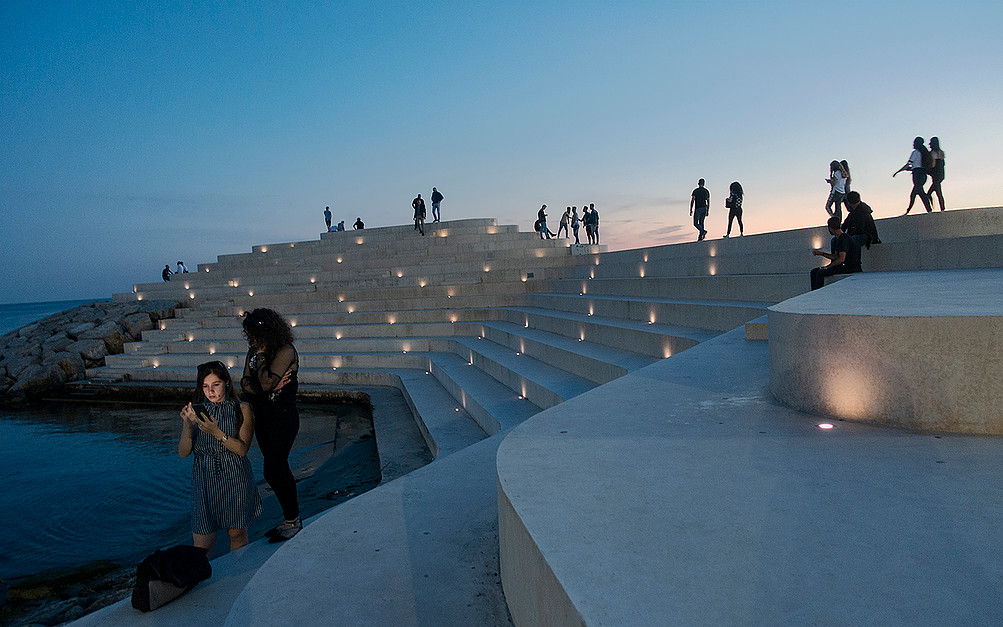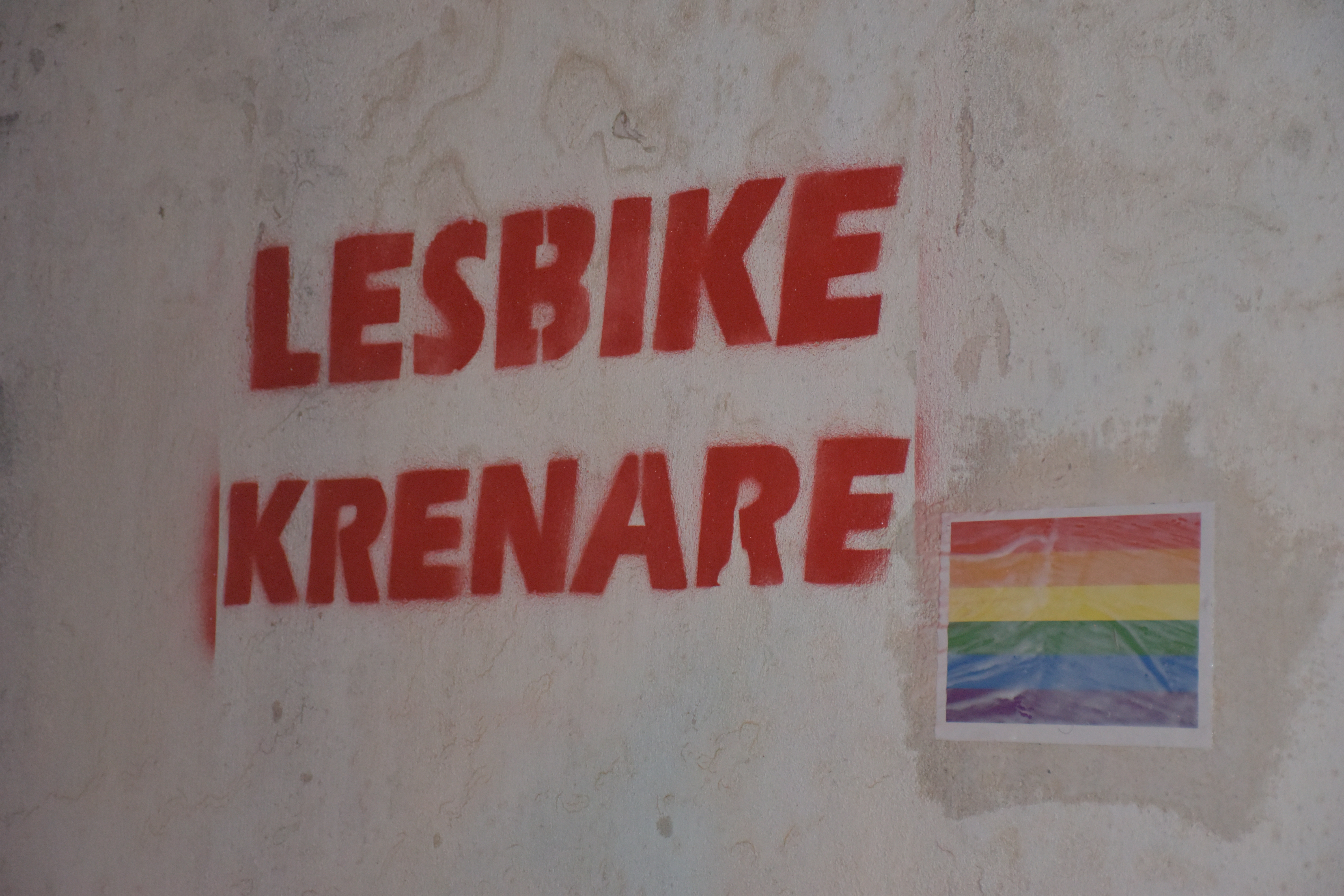This week I flew back from Tirana to Amsterdam, as I have done many times before. In the plane I got to talk with a young lady in her late twenties sitting next to me – I’ll name her Darina.
Darina works for a bank, she told me, and had recently obtained her master’s degree. I could quickly conclude that she must be a talented professional – I am a university teacher from Holland with an eye for talented students.
Darina has a good job and education, but she confessed that she would, given a proper chance, leave Albania to work abroad. I probed cautiously into this intention. Darina said that did not want to turn her back to Albania because of a low salary or poor living conditions, because she was doing well.
No, Darina had gotten tired of Albania, of promises that were not fulfilled, of the endless number of government control rules for the private and educational sectors, of the bad reputation that Albania has developed abroad. Even entering the EU looks like an illusion due to the economic and political mess that the Western Balkans are making of their countries, she said. Despite her young age, a period in life that people should be building a future, start a family, buy or built a house, etc., Darina had lost hope.
Losing hope is something severe – losing hope is like losing a part of life’s energy. And since Darina is not the only one – losing hope seems to spread like a virus – I want to talk a bit more about the subject of hope.
I thought of the period of the 1990’s, when many people left Albania to work or study abroad. The stories I heard during that period – my first visit to Albania was in 1996 and I have been coming to Albania every year since to teach and help with research and advice – were about searching for work and a better life.
Earlier, one family member would go abroad to work and would send back money. Now, whole families are migrating, they earn and spend their income abroad. Therefore, remittances to Albania are decreasing. The motivation of leavers 20 years ago was towards an economically better life. During the last years this motive has changed. People who enjoy a reasonable salary turn their back towards the country, their motivation is away from the current situation because people feel that it will not get better. They have lost hope.
What is hope? Philosophers, psychologists and scholars of religion have studied the subject. It is used in many circumstances but boils down to the following: hope is a feeling of expectation and desire for something to happen. “To look forward to with desire and reasonable confidence” says the dictionary. People cherish a desire and they can be very patient in that regard. Next to daily hope (hoping to be awarded a diploma, win a prize, see the children grow up, etc.) there is more imprecise hope for the longer term. This kind of hope is indispensable for people.
Religion can be a source of such hope; for the connection with the supernatural and for a better life, if not on earth then later in heaven. And certain big performances or changes can fuel hope. The first man on the moon, was a source of hope for a better world.
The change from a communist system to a democratic and market system in Central and Eastern European countries, gave hope to many people. They hoped to enjoy freedom, to travel, to be members of a democratic society and built a better future together. This last point is important, said Vaclav Havel. Hope, he said, is about the possibility to give a meaningful contribution to society.
And this hope has slowly but surely dwindled. “Learn from yesterday, live for today, hope for tomorrow. The important thing is not to stop questioning” is a quote from Albert Einstein. But in Albania and its Western Balkan neighbours, it seems that society does not learn much from yesterday and that most society’s members live for their individualistic today as they have given up hoping for tomorrow’s better society. ‘Questioning’ tends to disappear in the black hole of the political arena.
During the 20+ years I have been coming to Albania, in the hope to contribute something to the country, my personal hopefulness has also become more modest – from contributing to the country, to contributing to students and the university where I work. I may be an optimist by nature, but lately I must search harder for signals of hope. But if you search for signals of hope, you will find something – you create signals of hope.
As I want to conclude with a positive note, I want to share three of my signals with the readers. First, last weekend in Slovakia, anti-corruption and outsider candidate Zuzana Caputova has won the presidential election, making her the country’s first female head of state, who may not have much legal power but has received massive support from the Slovak people. The people want change. Would this be possible too (and hopefully not as a reaction to a shooting of a critical journalist and his fiancée, as happened in Slovakia) elsewhere?
Second, last weekend I was teaching the subject of innovation, and I found interest among students in developing more sustainable tourism, as the understanding grows that present tourism development is detrimental for the environment – just see how Durres has developed.
My students are adult students, they combine work with studies so they can do something in practice once they have finished their studies.
And a third signal for me is … Darina. Darina ponders about leaving, but I am not convinced yet whether that is a firm plan, or an ‘internal cry for change’. We agreed, when our plane landed at Amsterdam airport, that we would meet for a coffee in Tirana during my next visit this Spring and exchange more. Perhaps – that is my hope – she can somehow contribute to the change she would want to see, however difficult this may be.
You can visit Peter’s professional, and photography websites here:
Follow The Balkanista!




